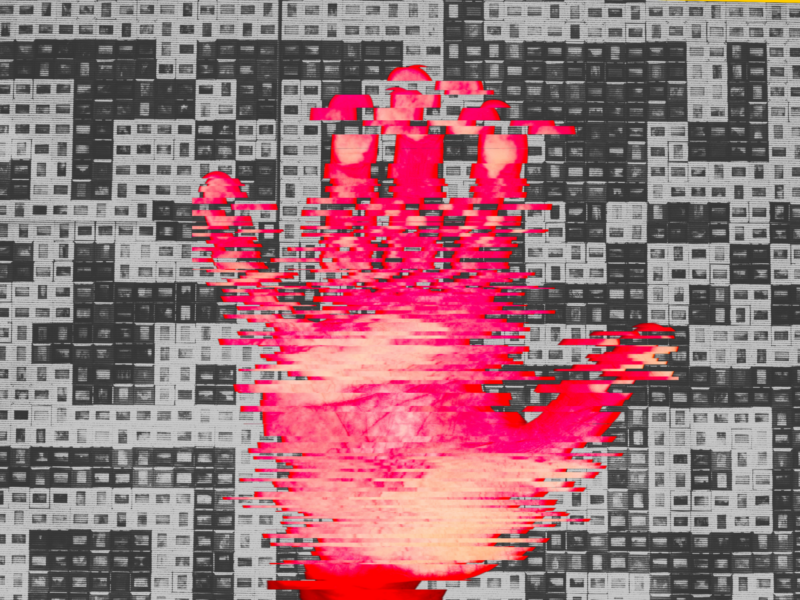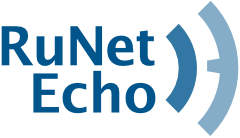
Image courtesy Giovana Fleck.
The Unfreedom Monitor is a project to analyze, document, and report on the growing use of digital communications technology to advance authoritarian governance around the world.
Authoritarian and dictatorial regimes have long had a complicated relationship with media and communications technologies, using them to advance their own goals and propaganda. At the same time, they restrict access for some to technology and information, helping them to shape and warp reality, conceal abuses, and maintain power. As more and more people use the internet and other technologies these dynamics only become stronger. This means that, despite its goals for good, the internet is sometimes used by authoritarian-minded governments as a tool for deception, propaganda and control.
In 2010, Global Voices’ co-founder Rebecca MacKinnon coined the term “networked authoritarianism” to define how China manipulates the internet to maintain power. The approach allows for limited debate around some issues but controls the platforms and frames the narratives up for discussion. Technology facilitates surveillance and social controls, and information, discussion, and activism with the potential to threaten power is forbidden.
Global Voices has been tracking and documenting this phenomenon in many countries through our Advox project, since 2007. We have noticed a few trends. Over time, threats to online expression transform from threats to individuals to threats to systems, affecting entire populations. Internet controls and mass surveillance become an accepted part of governing. States have become sophisticated in their ability to detect, repress and target organizing, expression and activism. Many states are combining targeted denial of information services with powerful surveillance and the ability to “flood the zone” with false and misleading information, using automated technologies and networks of supporters. These practices and more come together to strengthen existing authoritarian powers and threaten the stability of long-standing and fledgling democracies.
Today, what has become known as digital authoritarianism is evident in all kinds of governments. The internet is dominated by advertising technology that tracks and segments users for commercial gain. Governments, states, and political parties, often in collaboration with corporations, harness this surveillance power, and a future with more advanced machine learning, facial recognition, and artificial intelligence for “predictive” analysis suggests that state capabilities for control will likely increase. Combine this with the ubiquitous CCTV capture, the face that we carry our communications devices everywhere, and the normalization of the idea that your devices should listen to you, and you end up with pervasive surveillance.
These are the reasons we created The Unfreedom Monitor. We want to understand what motivates, shapes, and influences digital authoritarianism around the world, no matter the style of government or political system. Starting with 11 pilot countries, we are seeking to develop a method for naming digital authoritarianism, so we can help people of good conscience tame it.
The Unfreedom Monitor
Authoritarian regimes have long had a complicated relationship with media and communications technologies. The Unfreedom Monitor is a Global Voices Advox research initiative examining the growing phenomenon of networked or digital authoritarianism.
Download a PDF of the briefing document.
Access the public database.
Stories about Unfreedom Monitor
In Russia, it's the state against the internet
What a sovereign Runet is, no one still really understands. In the view of the Russian authorities, it apparently means destroying all the bad guys and rewarding all ‘our guys’.
Unfreedom Monitor: Civic Media Observatory findings report
The Unfreedom Monitor is a project to analyse, document, and report on the growing phenomenon of the use of digital communications technology to advance authoritarian practices.
Unfreedom Monitor Report: Access
Advox research into internet access, shutdowns and interruptions is now in a report. Read an excerpt and download the full pdf.
Unfreedom Monitor Report: Kyrgyzstan
Advox research into digital authoritarianism in Kyrgyzstan is now in a report. Read an excerpt and download the full pdf.
Unfreedom Monitor Report: Kenya
Advox research into digital authoritarianism in Kenya is now in a report. Read an excerpt and download the full pdf.
How technology has entrenched the authoritarian electoral practice of controlling political choice in Kenya's democracy
Kenya is representative of a nation where elections do not equate to democracy, and technological advancements have only provided the government with leverage over its citizens’ political choice.
Unfreedom Monitor Report: Speech
Advox research into freedom of speech is now in a report. Read an excerpt and download the full pdf.
Cameroon: Report the Anglophone conflict and perish
Journalists who are critical in their reports on the Anglophone conflict, both online and offline, are either jailed or forced to desert the conflict zones and journalism or die in the process.
Unfreedom Monitor Report: Hungary
Advox research into digital authoritarianism in Hungary is now in a report. Read an excerpt and download the full pdf.
Fake accounts and presidential elections in Kazakhstan
The ruling leadership in Kazakhstan is aware of the importance of capturing the hearts and minds of internet users, spreading disinformation and using artificial automated accounts to imitate enthusiastic support for the government.
Unfreedom Monitor Report: Venezuela
Advox research into digital authoritarianism in Venezuela is now in a report. Read an excerpt and download the full pdf.
Kenya and the fallacy of trading individual privacy for national security
When the right to privacy is fractured on a national scale by actions such as surveillance, a myriad of other human rights suffer in a sort of domino effect.
Unfreedom Monitor Report: Philippines
Advox research into digital authoritarianism in the Philippines is now in a report. Read an excerpt and download the full pdf.
Importing illiberal practices: The Kyrgyz state’s attack on media, journalists and bloggers
The Kyrgyz government is importing illiberal practices from Russia, and these changes have impacted public lives and affected the activity of media, journalists and bloggers.
Unfreedom Monitor Report: El Salvador
Advox research into digital authoritarianism in El Salvador is now in a report. Read an excerpt and download the full pdf.
In the Philippines, cyber censorship is a new form of authoritarianism
Qurium’s investigation revealed that the cyber attacks were coming from the Philippine military, using the government infrastructure of the Department of Science and Technology.
Unfreedom Monitor Report: Ecuador
Advox research into digital authoritarianism in Ecuador is now in a report. Read an excerpt and download the full pdf.
Cameroon: Freedom in chains
Article 113 of the Criminal Procedure Code punishes with imprisonment from three months to three years anyone who issues or spreads false news when such news is likely to harm the public authorities or national cohesion.
Unfreedom Monitor Report: Kazakhstan
Advox research into digital authoritarianism in Kazakhstan is now in a report. Read an excerpt and download the full pdf.
In Kazakhstan, political dissidents accused of spreading disinformation
These incidents show how the Kazakh government does not hesitate to abuse its own laws, purportedly enacted to safeguard citizens, for its own ends to repress dissent and maintain control of the narrative.
Unfreedom Monitor Report: Myanmar
Advox research into digital authoritarianism in Myanmar is now in a report. Read an excerpt and download the full pdf.

























